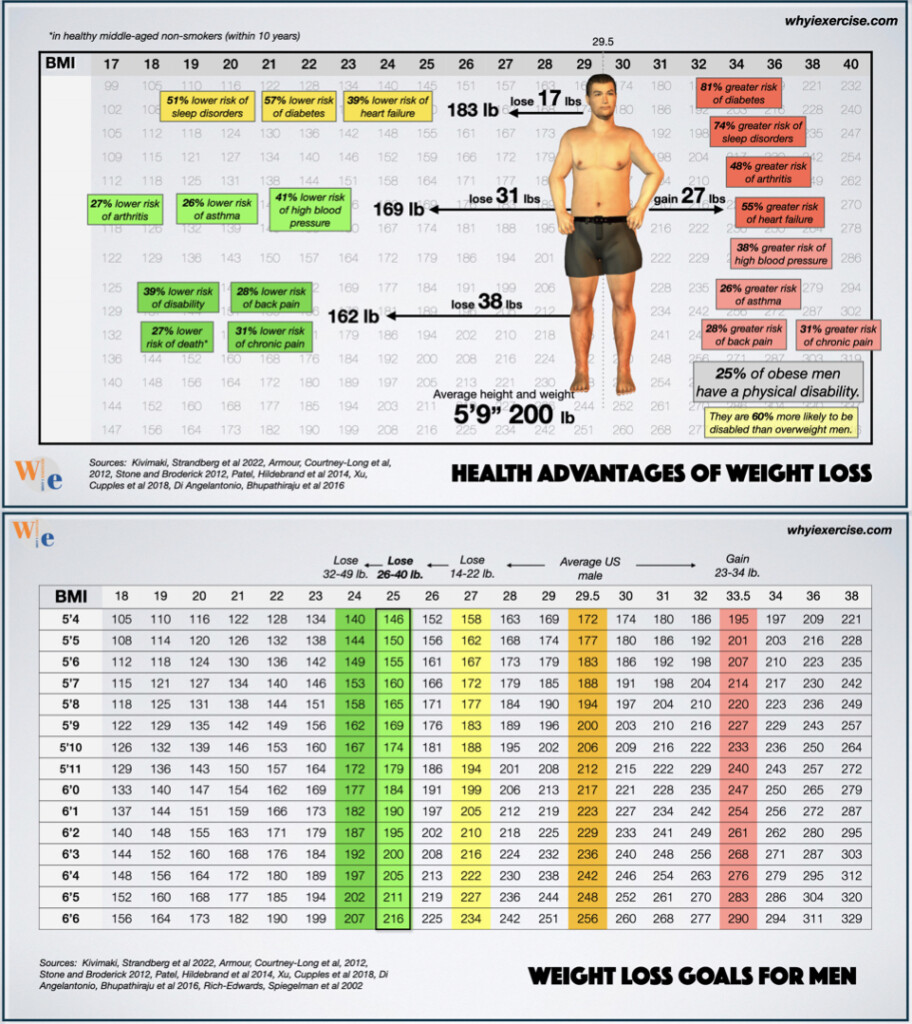For children and adolescents, age is an important factor when determining their ideal weight. It is essential to consider the child’s growth and development stage. Pediatricians often use growth charts to track a child’s weight and height over time to assess whether they are within a healthy range. The ideal weight for children and adolescents varies based on age, gender, and individual differences.
As a general guideline, children and adolescents should aim to maintain a healthy BMI (Body Mass Index) that falls within the 5th to 85th percentile for their age and gender. BMI is calculated by dividing a person’s weight in kilograms by their height in meters squared. It is a useful indicator of body fat percentage and overall health.
Ideal Weight Chart By Age
Adults
For adults, ideal weight can also vary by age. As we age, our metabolism slows down, and our body composition changes. It is important to focus on maintaining a healthy weight as we get older to reduce the risk of chronic diseases such as heart disease, diabetes, and obesity-related conditions.
One way to determine your ideal weight as an adult is by calculating your BMI. A BMI between 18.5 and 24.9 is considered healthy for most adults. However, it is essential to remember that BMI is just one measure of health and does not account for factors such as muscle mass and body composition. Consulting with a healthcare provider or a nutritionist can help you determine your ideal weight based on your age, gender, and individual health goals.
Seniors
For seniors, maintaining a healthy weight becomes even more critical as we age. Older adults may experience changes in muscle mass, bone density, and metabolism, making it important to focus on nutrition and physical activity to maintain a healthy weight. Seniors should aim to maintain a BMI between 23 and 28 to reduce the risk of age-related health conditions and improve overall quality of life.
It is essential for seniors to focus on a balanced diet rich in nutrients and engage in regular physical activity to support their overall health and well-being. Consulting with a healthcare provider or a registered dietitian can help seniors create a personalized nutrition and fitness plan to maintain a healthy weight as they age.
